Statistics show that 83% American families eat fast food at least once a week. On average, this amounts to about 10% of your annual income. So it’s not hard to see why other businesses might want to use the fast food model in their own business. Even if their own business is completely out of the style. However, the rise of drive-thru businesses that aren’t fast food at all shows that people like the convenience, or at least not having to get out of their cars.
10. Striptease show
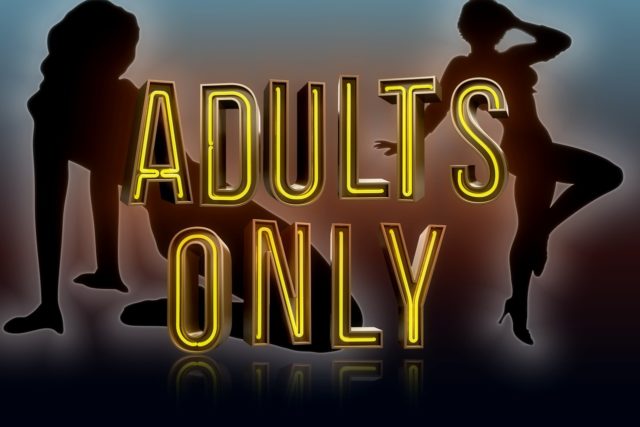
The idea of a drive-thru is to get something quickly and conveniently. It will save you time and get you back on the road. It lends itself to a product or service that you can use quickly. You can get a meal served quickly, or you can do your banking at an ATM in minutes. Speed is an integral part of the idea. Here's why striptease show on the roads seemed especially confusing when they started appearing during the Covid-19 pandemic.
Now, of course, we were advised to practice social distancing, so any form of transportation made more sense than in-person businesses. But strip shows involve sitting and watching another person take off their clothes while dancing. It was, by definition, a bit of an extended process. Still, a few businesses tried their hand at it.
One club in Las Vegas allowed patrons to drive up to the door, pay 100 dollars and watch a 10-minute show from your car. That included naked wrestling in hand sanitizer. They closed when the governor ordered all non-essential businesses to close.
9. Funeral by car
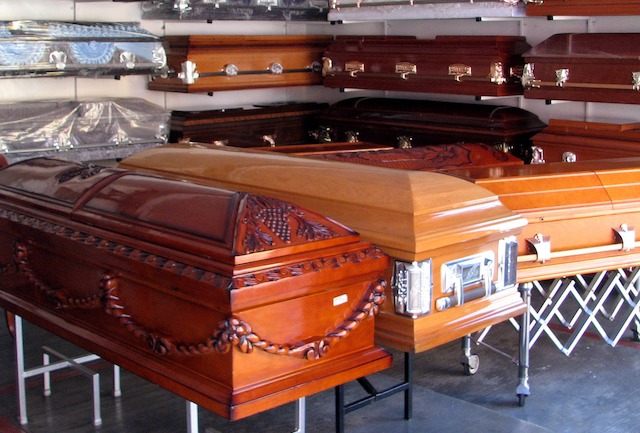
Like many businesses, funeral homes have had to find a way to cope with social distancing during the pandemic. So, off-site funeral have become a more popular way to provide funeral services around the world. The Ontario government in Canada even established the rules their exploitation.
Social distancing, however, has not been the impetus for the establishment of a funeral home. In fact, stories of the service being offered go back more than a decade. In 2011, Robert L. Adams Mortuary in Compton became the first drive-through funeral home in California. The idea was that if a person who was well known in the community passed away, a drive-through would allow more people to come and pay their respects without having to worry about things like parking or crowds. Funeral Home in Detroit was founded in 1971.
Actually in Chicago back in 1989 a funeral home was opened The advantage here was also the time savings for professionals, as well as the issue of convenience for older people and people with disabilities who would have difficulty entering and exiting the building.
8. Wedding Chapel with Drive-In

On the opposite end of the spectrum from a destination funeral is a destination wedding. These seem to be most popular in tourist locations such as Las Vegas , where people want to do everything quickly and without much hassle. In Canada You can do the same in cities like Niagara Falls.
They've been around for a while. Perhaps the most famous is the Little White Chapel in Vegas, where even Frank Sinatra once got married. .
Rumor has it that until 1996 you could even potentially have a Catholic wedding before the church banned it, just like Disney weddings.
7. Brothels

If you thought the drive-in strip club was a little intense, you might want to check this one out. In some parts of Europe, the drive-in brothel has become a business offering the convenience of a drive-in with the amenities of, you know, a brothel.
These booths from Zurich, Switzerland, are not a Covid-induced innovation and date back to 2013, when they were installed after 52% voters decided they needed them. They look like car washes, where you drive in and either invite your partner to join you in the car or get out and use the wooden benches. Data collected over several years showed that the booths significantly improved the safety of urban sex workers.
The idea here is that sex work is real, and pretending it isn't doesn't help anyone. So they designated a place where it could happen legally and safely. Clients go to the part of town where the kiosks are located, and the sex worker goes with them to the kiosk. In Cologne, Germany, the driver's door cannot be opened, and a passenger one can, which makes it easier for workers to escape if necessary. There is an emergency call button, as well as social workers on site.
6. Graduation passes

Due to the Covid-19 pandemic, many social events had to be cancelled entirely or adapted to the restrictions in place. One of the things that was adapted in many places was graduation ceremonies. Students were still attending school and still wanted to have that moment when they received their diploma. But with rules limiting the number of people who could gather at one time and how far apart everyone had to be, some schools got creative.
Travel pass outlet was tried at a number of schools. The process was curious, but at least it gave students and their families something to experience. For some, they arrived in a staggered formation. The graduate would exit the car, and his family would remain behind, slowly following their progress from the moving vehicle. The graduate, six feet behind the next graduate, would walk to the principal, receive his diploma, take a few photos, and return to the car.
Other schools were a little less formal. Cars would pull up andThe diploma was presented through the window. The car drove away and the family was able to find a place elsewhere to take photos to celebrate the moment.
5. New Orleans and Houston have Daiquiri bars

If you had to make a list of things you shouldn't do while driving, there's probably only a small handful that would be at the very top that everyone would agree on. We all know that texting while driving is bad, you don't want to do that. And of course, drunk driving is a really bad idea. America's first drunk driving arrest happened back in 1910 , so we've been aware of this for a long time.
It’s interesting that despite the well-known problems associated with drunk driving, there are cities that have daiquiri bars. People may scoff at the idea of liquor stores, which exist in many different places, but it makes much more sense. After all, liquor stores sell unopened liquor. And it’s not like pulling up to a liquor store, parking, and then going in to pick up a bottle of vodka—it’s somehow more appropriate than buying the same bottle from the window. But a daiquiri bar sells mixed, frozen drinks.
Playing with some very sketchy legal rules, the bars in New Orleans can sell daiquiris as long as the drink is frozen, the cup is sealed, and the straw stays taped to the side of the cup while it's in the car. So it's basically an honor system. They mix you a drink, and you promise not to drink it while you're in the car.
A Johannesburg bar has introduced a rule that customers must park their car first and can only buy four drinks. In Houston Thirsty motorists could get both daiquiris and margaritas as long as they were made with wine or beer, rather than any distilled spirits like tequila or rum. The container had to be sealed if it was to be carried in the car, but "sealed" apparently meant "has a lid."
4. Ash Wednesday Service

According to polls, every third millennial The church seems boring. Church attendance has been declining for several years, but efforts have been made to make it more attractive to people. One of these is the Ash Wednesday drive-in service.
In 2019 One church in Wisconsin has started offering car travel services for people heading to work. They could get free coffee, a prayer from the pastor, and leave with ashes on their heads in just a few minutes.
At another church Vancouver had the same idea. The cars just they drive up and honk , the minister comes out and boom, ashes on the forehead for the beginning of Lent. As the minister noted, it is much easier to gather people in the church on a weekend than in the middle of the week, so this was perceived as a reasonable compromise.
3. Autovoting

What should everyone do, but few do? Voting. So the idea of pass-through voting makes almost too much sense, allowing many people to vote quickly and easily. The concept has been discussed for years, and some proponents still in 2008 insisted that it needs to be implemented throughout the country.
This concept has been tested in places such as like Calgary , and on a smaller scale in Connecticut during the Covid-19 pandemic. In Texas was 24-hour car voting , although not for long, and other cities still are considering this idea .
Various criticisms of drive-in voting have ranged from the fact that a passenger could coerce someone to bumper stickers in line influencing voting. The idea has yet to gain widespread acceptance.
2. Get Shucked is an oyster bar with oyster buckets.
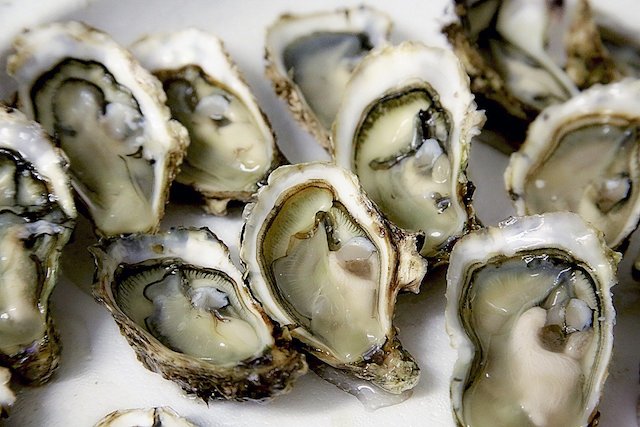
Fast food is an interesting concept because it can only work if you follow certain rules. We go to restaurants for literally all kinds of food, but fast food restaurants typically operate on a fairly narrow subset of those foods. Burgers, tacos, fried chicken, sandwiches. You’ll find very few other restaurants operating on the fast food model. Not many fast food joints offer cassoulet or lobster. Some foods are designed for sit-down dining.
Go to Australia and you will find Get Shucked , a seafood restaurant that refuses to believe that the drive-thru has restrictions. At their eatery, you can get a bucket of oysters on the go, just hop, hop, and hop from where they actually source. Here they sell almost nothing, besides drinks, so at least they know what they're doing when it comes to shellfish.
1. Illegal cookies

New York City chef Sebastian P. Kujawa was either brilliant or stupid, or both, when he came up with his business plan. The 23-year-old was out of work, so he figured he could put his culinary skills to good use and started baking homemade cookies. Things were going well. But then he spiked them with marijuana. Which may still be fine with most people, but it's not fine with local law enforcement.
Every day Kujava would head to the dead end near his house and was hiding in the bushes — his version of an impromptu drive-through. A car would drive up to the bushes, and the cook would stick his head out and fulfill their order.
Neighbors threw the man a dime after watching his transactions for some time. Police found that he was posting advertising on Craigslist , and closed it down pretty quickly.

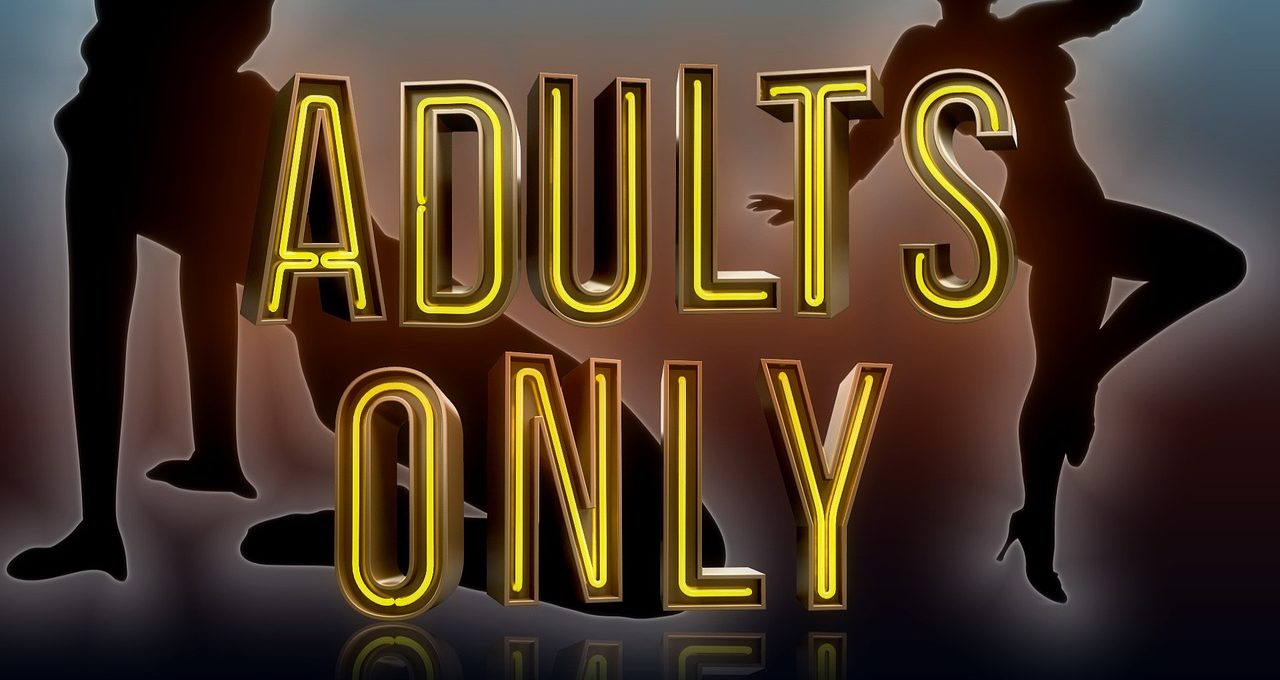



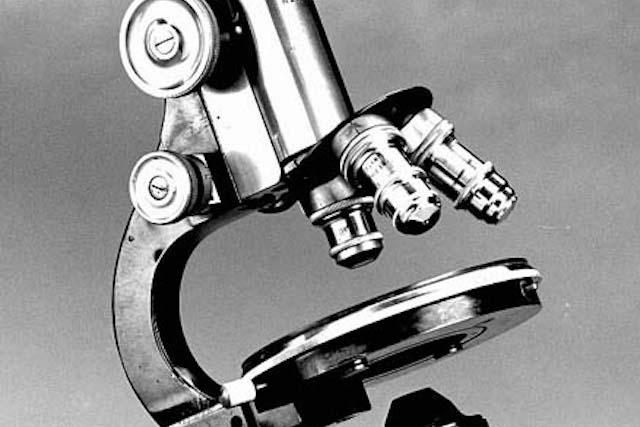
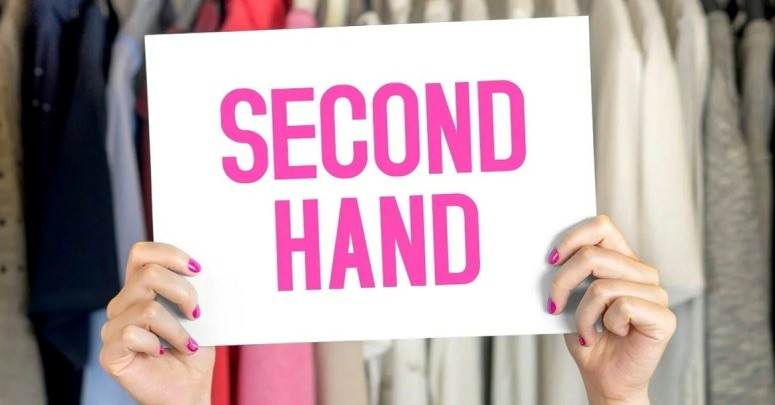





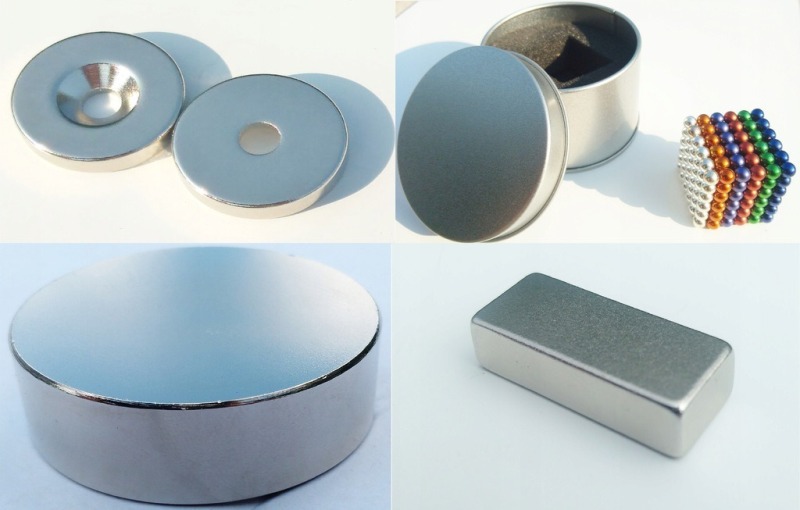

Оставить Комментарий